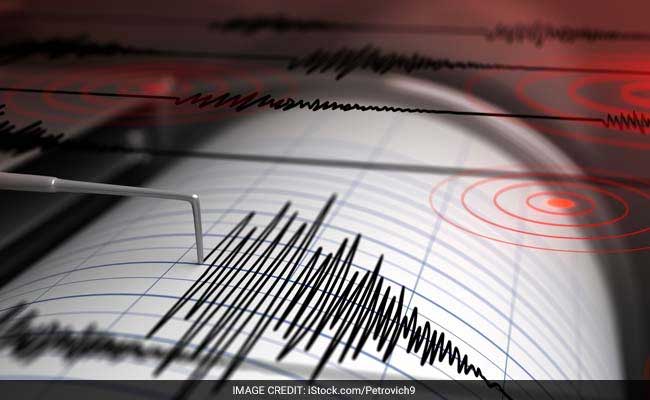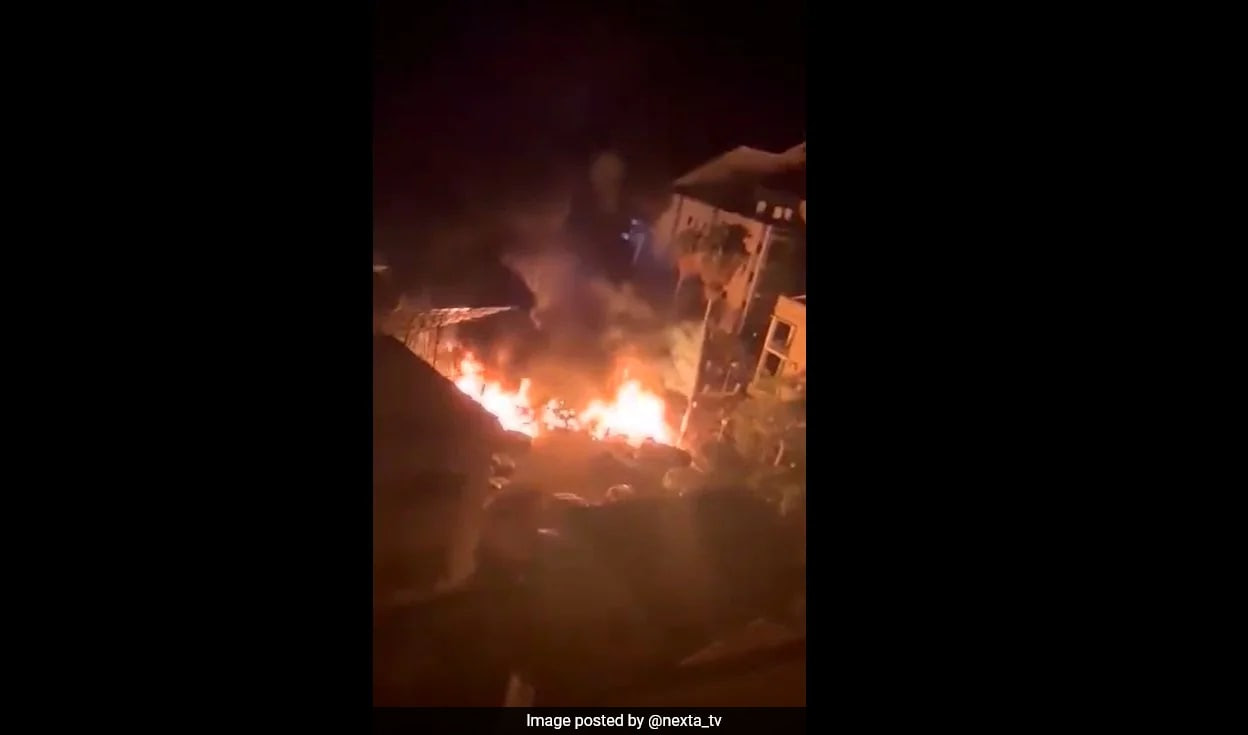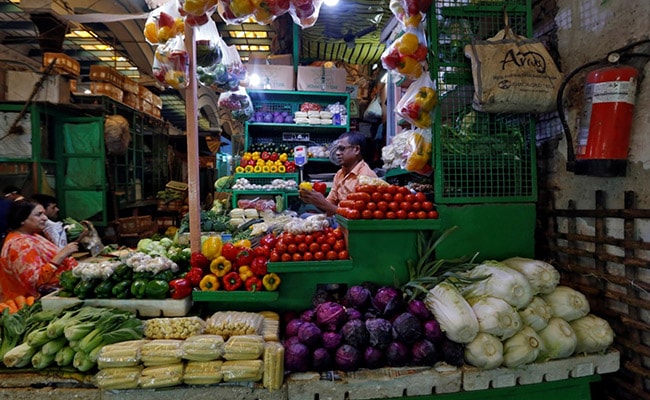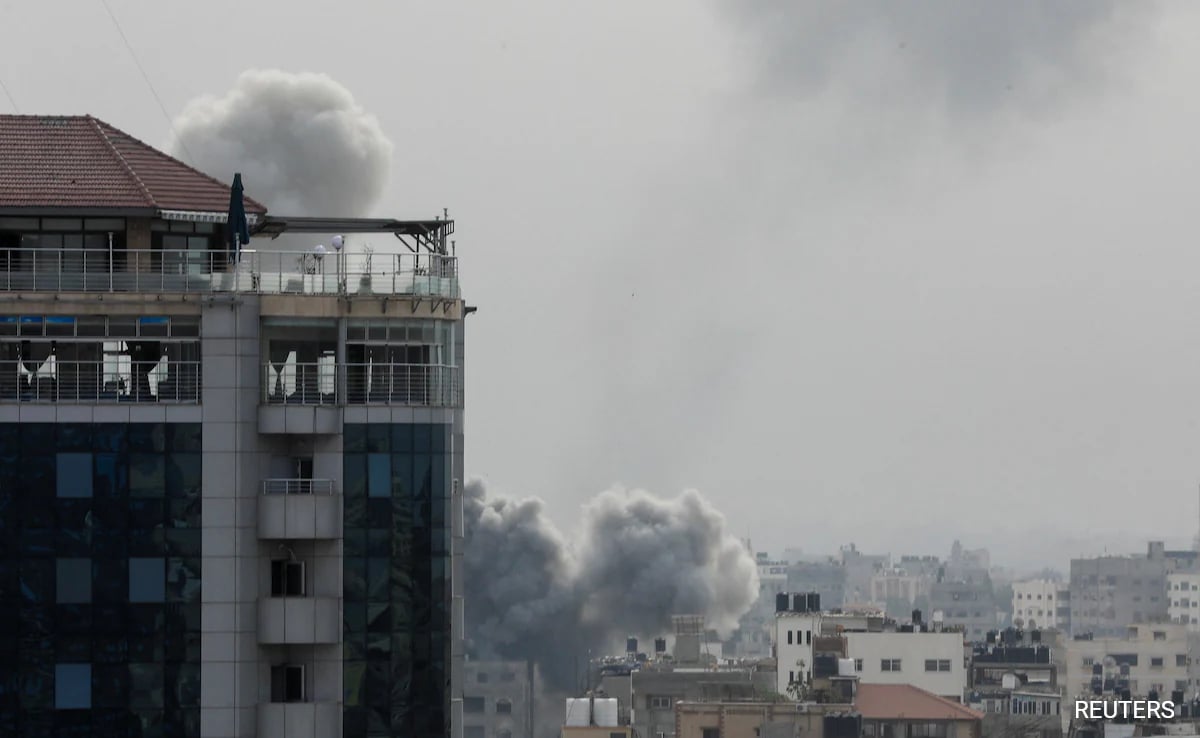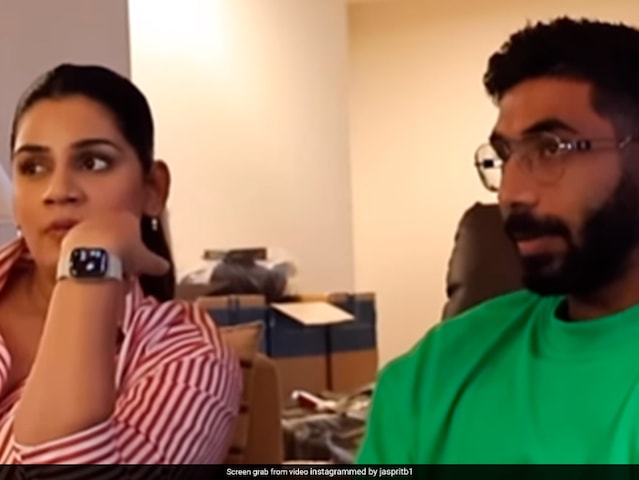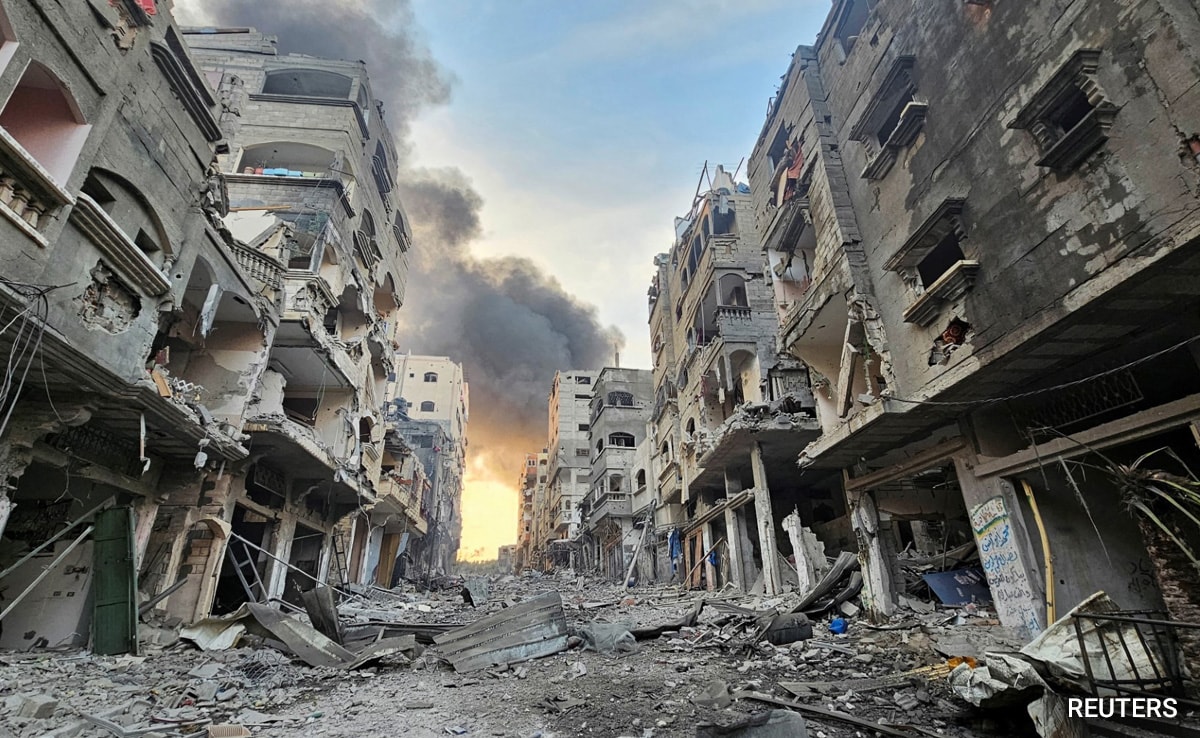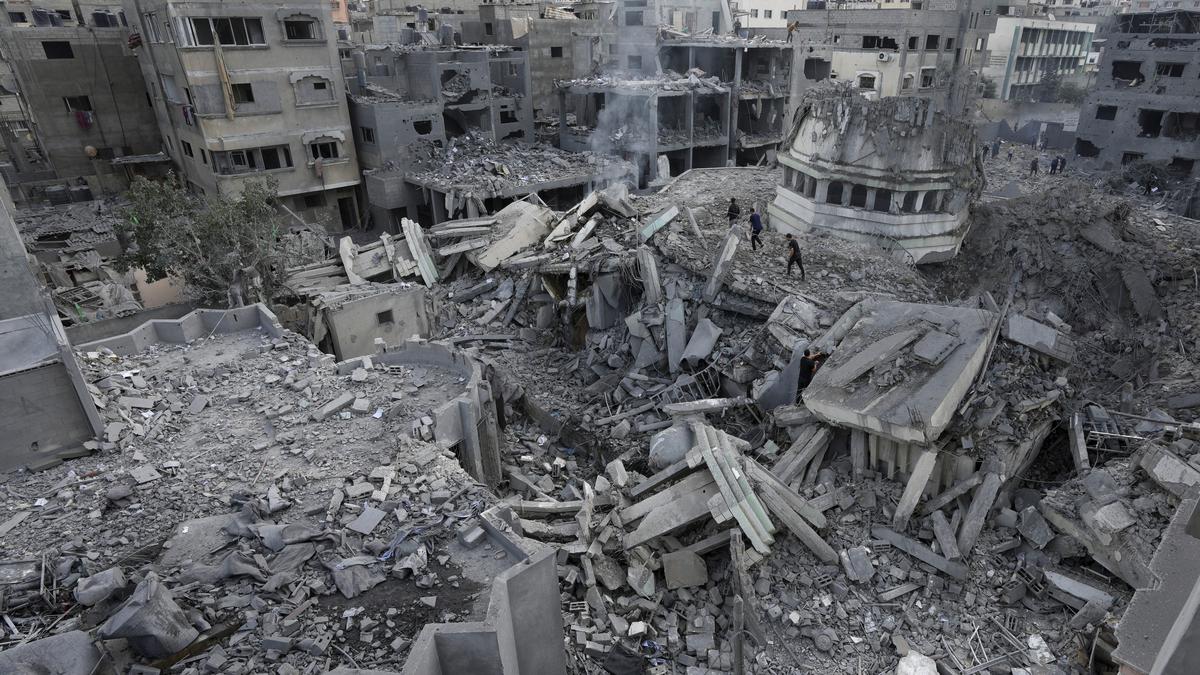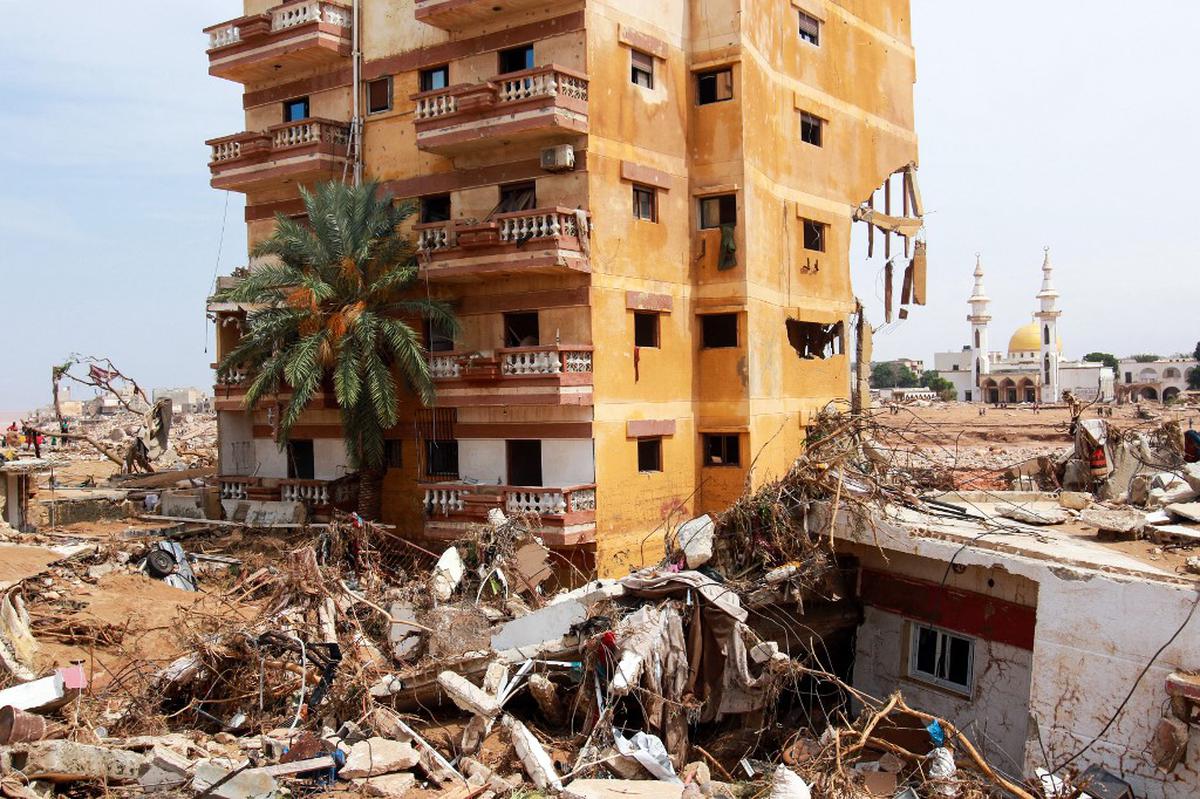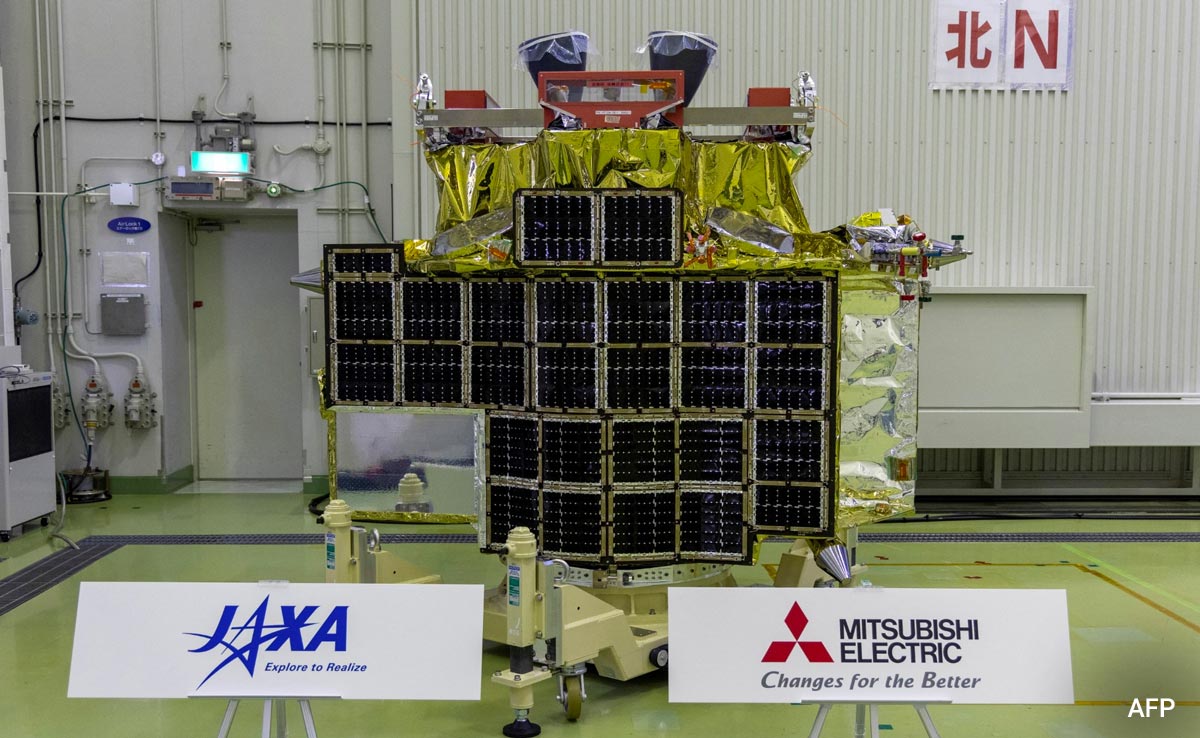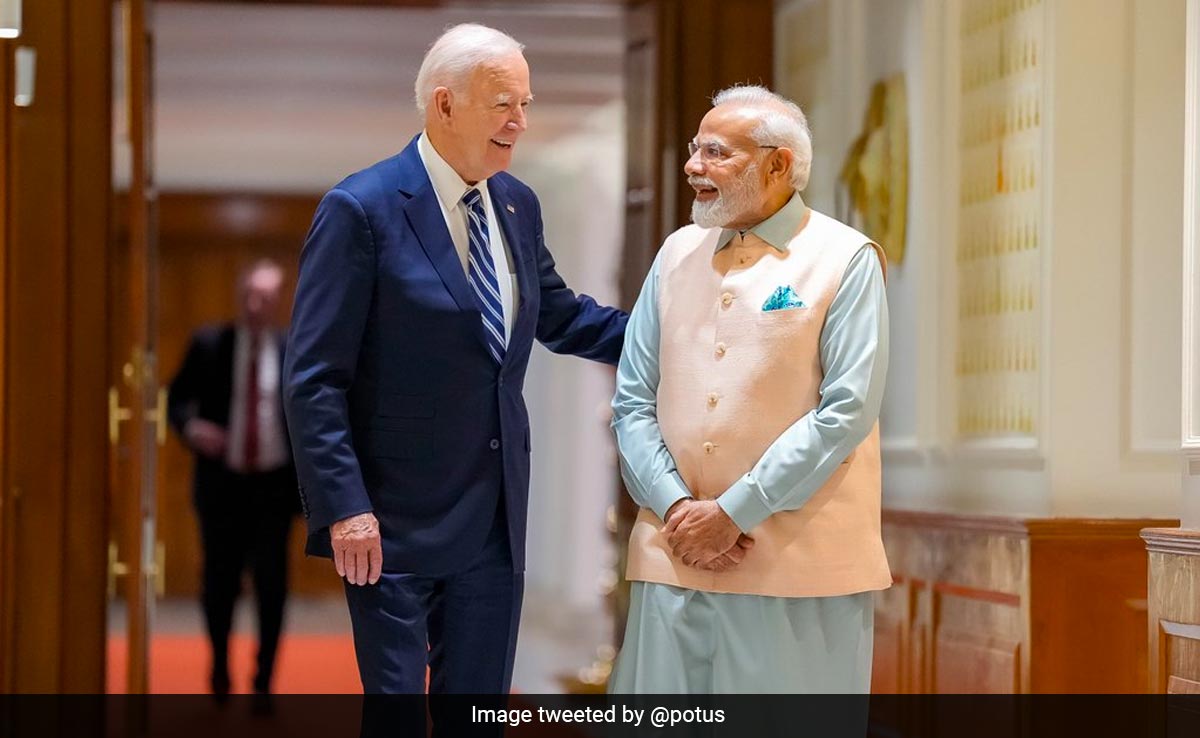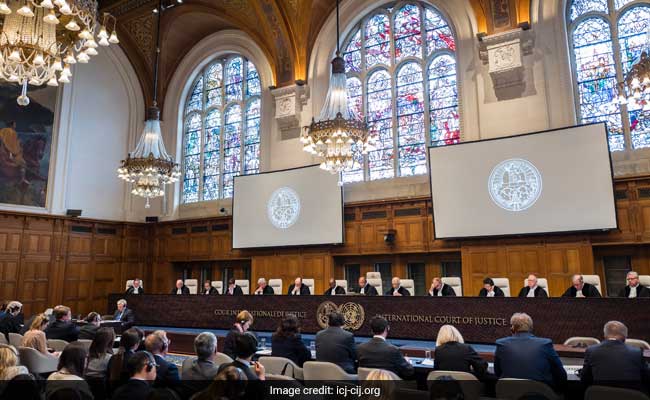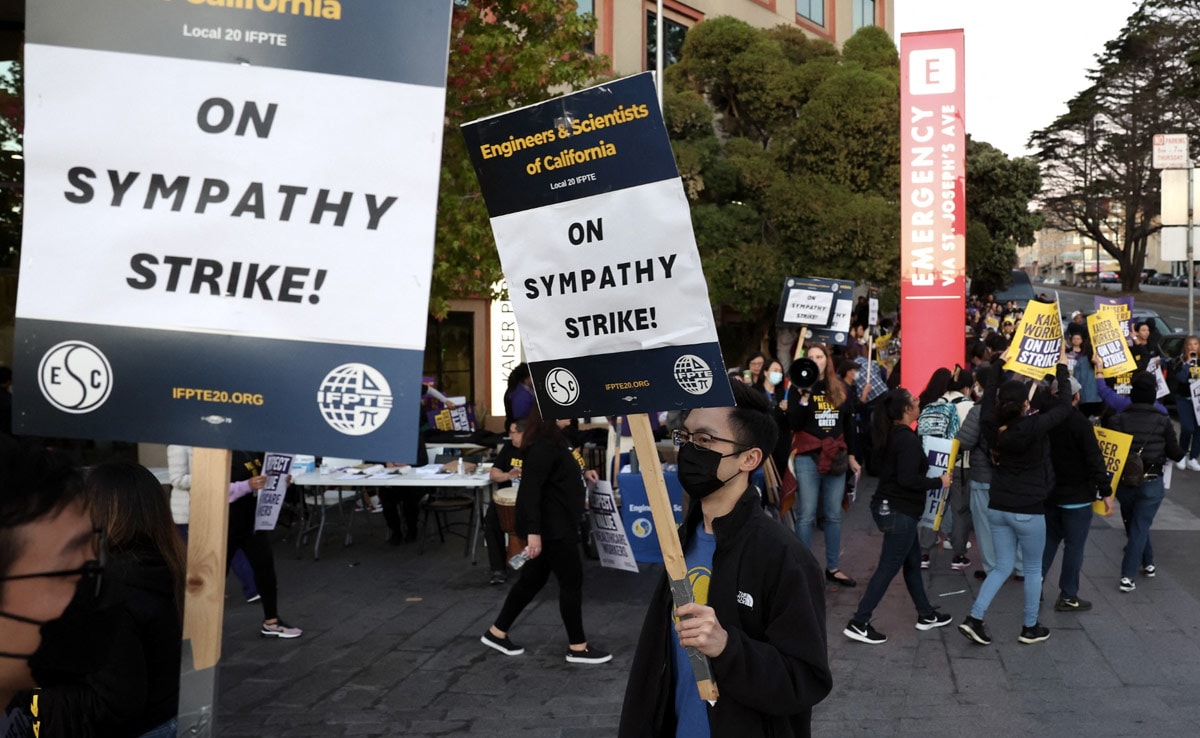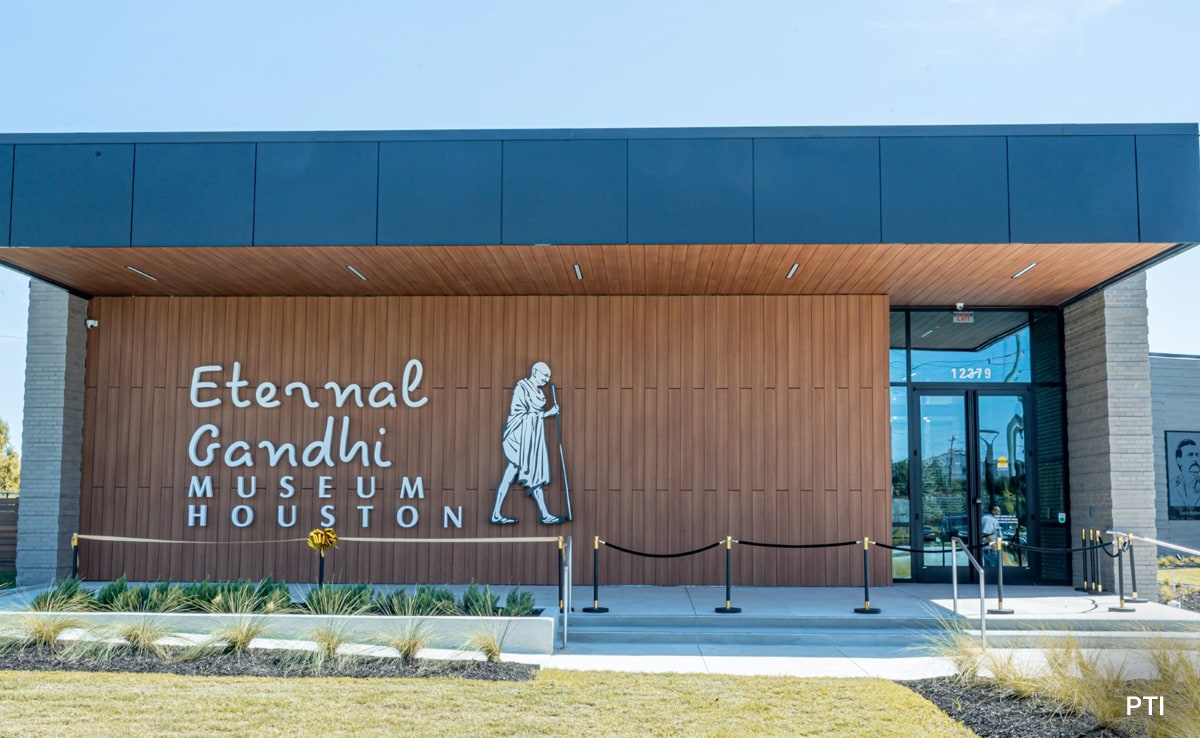Israel has been pounding Gaza targets for days.
Palestinian Territories:
As Gaza’s hospital morgues overflow with victims killed in Israel’s bombardment triggered by a deadly Hamas attack, even an ice-cream truck has been used to hold corpses before their burial.
Israel has been pounding Gaza targets for days, seeking to wipe out the enclave’s rulers, Hamas, after its militants broke through the militarized border barrier on October 7 to kill more than 1,400 people in southern Israel.
Israel’s air strikes have claimed at least 2,750 lives in Gaza, where mortuaries with capacity only for dozens are filling up more quickly than relatives can claim them.
At the carpark of the hospital in central Gaza’s Deir el-Balah, a white truck covered with posters of ice-cream sticks is now packed with corpses wrapped in white body bags.
Among them are multiple members of Talaat Abu Lashine’s family.
“Two shells fell on the house at dawn. Sixteen people were at home, including eight children who were sleeping peacefully,” he said.
In Gaza City, a little further north, where tens of thousands of inhabitants have heeded Israel’s warning to flee south ahead of an expected ground invasion, many bodies were simply left behind in the mortuaries.
“Given the large number of martyrs lying unclaimed in the morgue of al-Shifa hospital, the deterioration of the corpses, and the continued arrival” of dozens more, “a common grave has been prepared to bury around 100” of them, said Salama Maruf, head of the media bureau for the Hamas government that runs Gaza.
‘Lots of children’
Even body bags are now in short supply, said Philippe Lazzarini, the head of the UN agency for Palestinian refugees (UNRWA).
“Every story coming out of Gaza is about survival, despair, and loss,” he said.
“Sometimes we don’t even have time to write the names” of the dead because there are just too many of them, said Ihsan al-Natour, who works at a cemetery in southern Gaza’s Rafah.
“There are lots of children among the martyrs,” he said, adding that “we are burying three or four in each grave.”
Gaza’s ministry of religious affairs has recommended using common graves because of the large numbers of deaths and a shortage of burial space, as Muslim funeral rites also require burials to take place as quickly as possible.
Hamas, which has controlled the enclave since 2007, said Monday that 1,000 bodies could still be under rubble and warned of diseases spreading.
In Rafah, residents prepared new graves, placing bricks and tiles around mounds of freshly dug earth.
In one of them, three bodies of children were stacked on top of each other. There wasn’t enough space to lay them to rest separately.
(This story has not been edited by NDTV staff and is auto-generated from a syndicated feed.)
Waiting for response to load…

